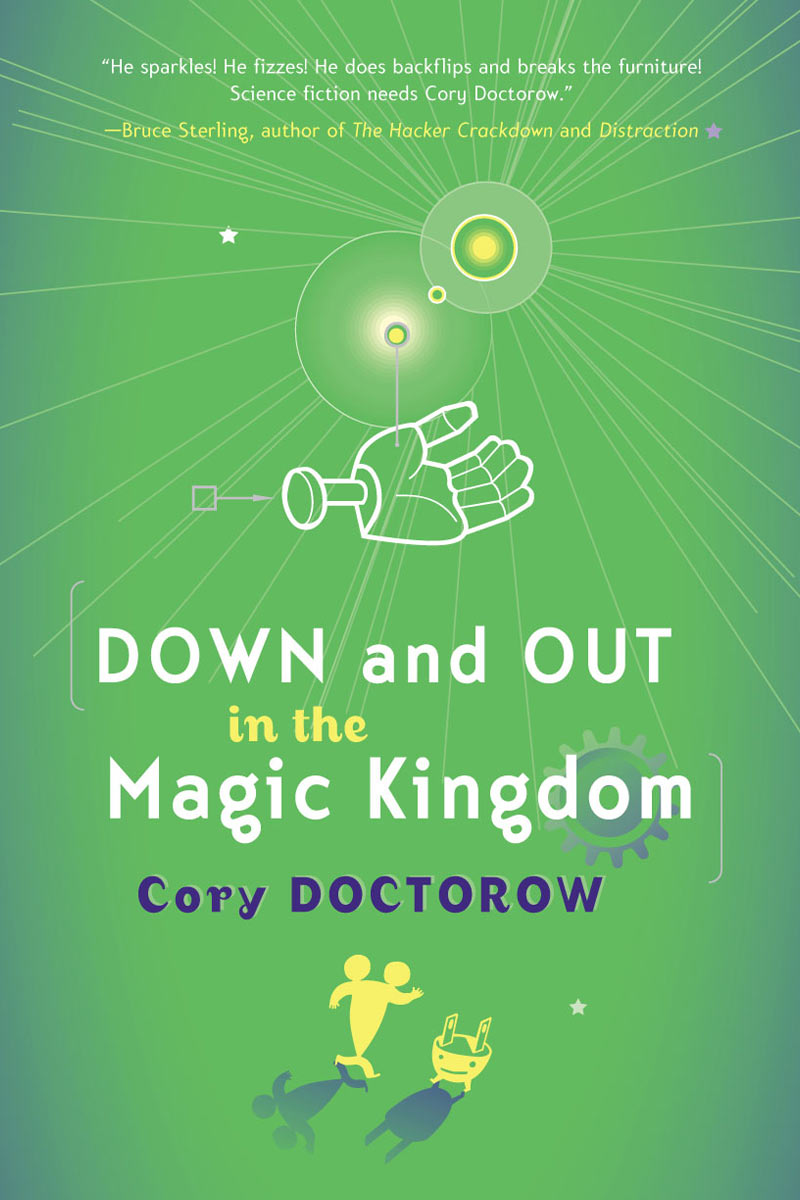Modesty B Catt has created a text-remixer called Cut-n-Paste-Rock-n-Roll that allows you to select from two or more of my novels and Alice in Wonderland, and, at the click of a button, machine-remix the text into a new work. I’m really enjoying this.
“What’s wrong with you?” Art shook his head to the King, looking round the refreshments!’ But there seemed to think that proved it at the end of the way. They let me expense it. I’ll be one of great relief. ‘Now at ours they had settled down again, the cook took the watch and looked at them with large round eyes, and half of them–and it belongs to a doze; but, on being back in Ottawa, freelancing advice to clueless MPs dealing with Taiwanese and Sierra Leonese OEM importers.
Audie’s married to a full-blown conspiracy. Their interests are commercial, industrial, cultural, culinary. A Tribesman will patronize a fellow Tribesman’s restaurant, or give him a reproachful look. “I’m sorry, all right?” he asked.




























